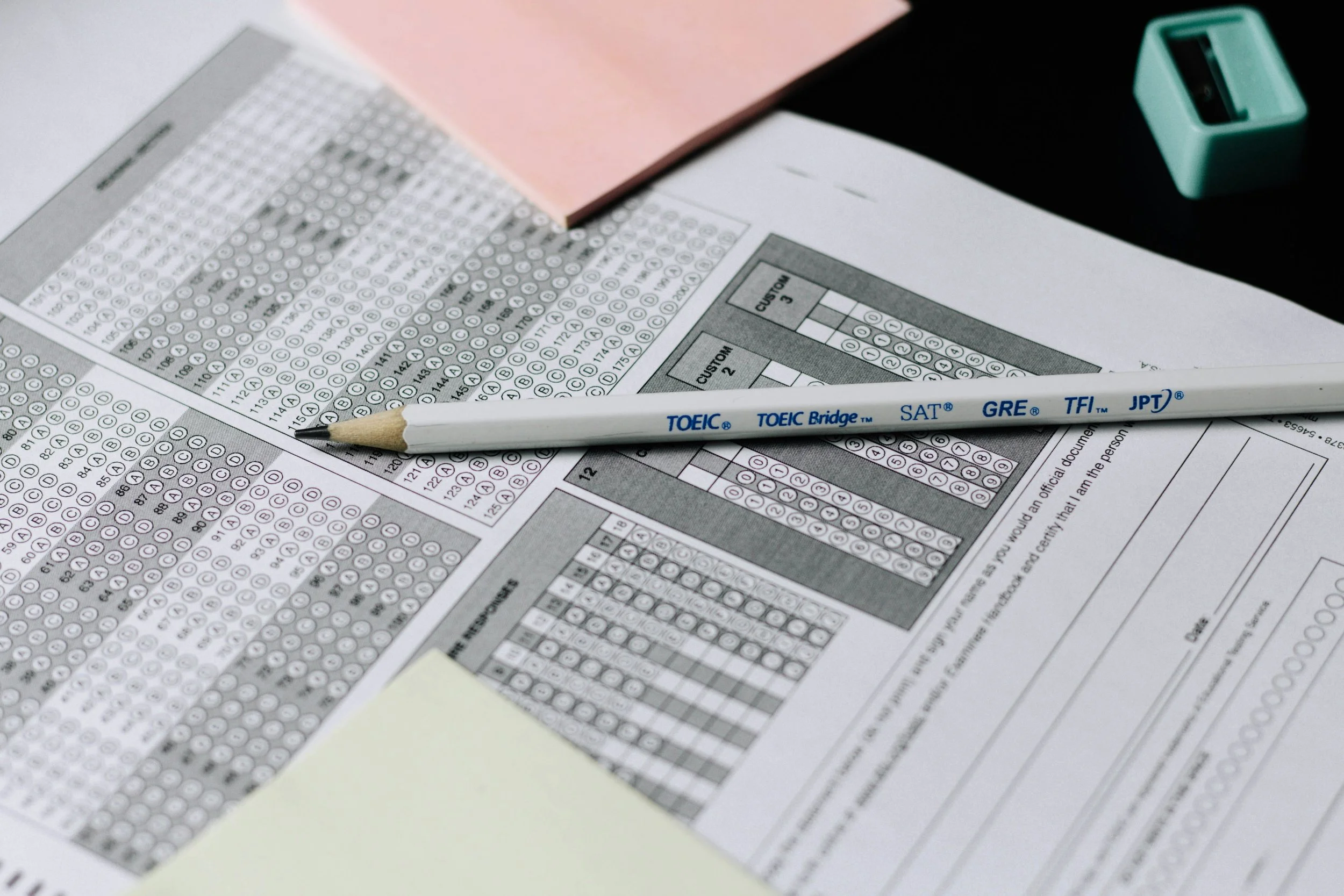Why Students Freeze Under Pressure — The Science of Cognitive Overload
Freezing during a test is one of the most distressing experiences students report. They may enter the exam feeling prepared, confident..
When Anxiety Turns Into Avoidance — Procrastination, Shutdowns, and Escapes
Avoidance is one of the most misunderstood behaviors in students who struggle with test anxiety. Parents often interpret procrastination, shutdowns..
What Parents Should Avoid Saying (and What Helps Instead)
Parents play a powerful role in a student’s emotional and academic development. When it comes to test anxiety, the language parents use can..
What Happens in the Brain During Test Anxiety?
Test anxiety is often described in terms of symptoms—racing heart, blank mind, shaking hands—but behind these sensations lies a highly specific..
Understanding the Root Cause of Test Anxiety: Why It Happens and What You Can Do About It
For many college students, the days leading up to exams bring more than just nerves—they bring a wave of dread, racing thoughts, and a sense of mental fog..
The Role of Past Negative Testing Experiences
Test anxiety rarely appears out of nowhere. For many students, it develops gradually through accumulated experiences—moments when something..
The Parent-Student Dynamic — How Family Expectations Shape Anxiety
Academic pressure doesn’t emerge in a vacuum. For many students, the family environment—its values, communication style, expectations..
Study Habits That Reduce Anxiety — and Those That Increase It
Many students believe that the solution to test anxiety is simply to study more. They increase the number of hours at their desk, reread their notes repeatedly..
Sleep, Stress, and Test Performance — The Hidden Biological Connection
Sleep is one of the most powerful—yet most overlooked—factors in academic performance and test anxiety. Students often try to maximize study..
School Environments and Systemic Academic Pressure
Test anxiety does not develop solely within individuals. It is shaped by the academic systems around them—schools, curricula, grading structures..
Perfectionism and the Fear of Failure
Perfectionism is often misunderstood. Many people use the word casually—students may say they are “just perfectionists” as if it reflects high personal standards...
Normal Stress vs. Test Anxiety — How to Tell the Difference
Stress before a test is universal. Whether a student is preparing for a college midterm, a high-stakes standardized exam, or a weekly quiz..
How to Practice Under Test-Like Conditions
One of the most effective—and often overlooked—strategies for reducing test anxiety is practicing under conditions that closely resemble the actual exam..
How Technology Impacts Test Anxiety
Technology is woven into nearly every aspect of a student’s life. Phones, laptops, tablets, messaging apps, social media, online study tools..
How Self-Esteem Influences Test Anxiety
Self-esteem is more than confidence. It reflects how a student sees themselves—their abilities, their worth, and their capacity to handle challenges..
Anxiety vs. Poor Study Skills — Knowing the Difference
When a student struggles on tests, the reason is not always obvious. Parents often wonder whether the problem is anxiety, study habits..
ADHD & Test Anxiety — Why They Often Occur Together
Test anxiety affects many students, but it is particularly common among those with Attention-Deficit/Hyperactivity Disorder (ADHD).
What Is Test Anxiety? A Parent’s Guide to Understanding Your Child’s Stress
As a parent, it can be heartbreaking to see your child freeze up before a big exam or come home in tears after a test. While some nervousness is normal...
How Parents Can Support a Child With Test Anxiety
Watching your child struggle with test anxiety can feel frustrating and heartbreaking. You know they’ve studied hard, but when..
Healthy Routines That Reduce Anxiety in Children
Sleep and anxiety are closely connected. Lack of rest can make children irritable, forgetful, and more prone to worry.




















